




Marble is a beautiful, natural stone that is often used in homes and buildings for its elegance and durability. As with any type of surface, marble can become stained and discolored over time. When faced with tough stains or stubborn dirt, many people wonder if bleach can be used as a cleaning solution for marble.
Using bleach on marble is a topic of debate among homeowners and professionals. While bleach is a powerful disinfectant and stain remover, it can also be harmful to marble surfaces. Bleach contains chemicals that are known to etch and dull the surface of marble, leaving behind irreversible damage.
It is important to note that using bleach on marble can void any warranties or guarantees on the stone. Many manufacturers explicitly state that bleach should not be used on their marble products.
So, what alternatives do you have when it comes to cleaning and maintaining your marble surfaces? There are several safe and effective methods that can be used to clean marble without causing damage. These methods include using pH-neutral cleaners, warm water with mild soap, or specialized marble cleaners that are specifically formulated to protect the stone.
In conclusion, it is best to avoid using bleach on marble surfaces. While bleach may seem like a quick and easy solution for tough stains, it can cause irreversible damage to the stone. It is always recommended to consult with professionals or refer to the manufacturer’s guidelines for the best cleaning methods for your specific marble surface.
Remember, prevention is key when it comes to maintaining the beauty of your marble surfaces. Regularly wipe up spills and avoid using abrasive cleaning tools or harsh chemicals that can damage the stone. With proper care, your marble surfaces can remain stunning for years to come.
Is Bleach Safe for Marble Surfaces?
Marble surfaces are known for their beauty and elegance, which is why many homeowners choose to incorporate marble in their homes. However, marble is a delicate material that requires special care and attention when it comes to cleaning. One common ingredient that is often used for cleaning is bleach. But is bleach safe to use on marble surfaces?
The Risks of Using Bleach on Marble
While bleach is a powerful cleaning agent that is effective at killing germs and removing stains, it can cause damage to marble surfaces. The main risk of using bleach on marble is its acidic nature, which can etch and dull the surface of the marble. This means that using bleach can leave behind visible marks and make the marble lose its shine.
In addition, bleach can also weaken the marble and cause it to become more susceptible to cracking and chipping. This is because bleach strips away the protective sealant that is applied to marble surfaces, leaving them vulnerable to damage.
Safe Alternatives for Cleaning Marble
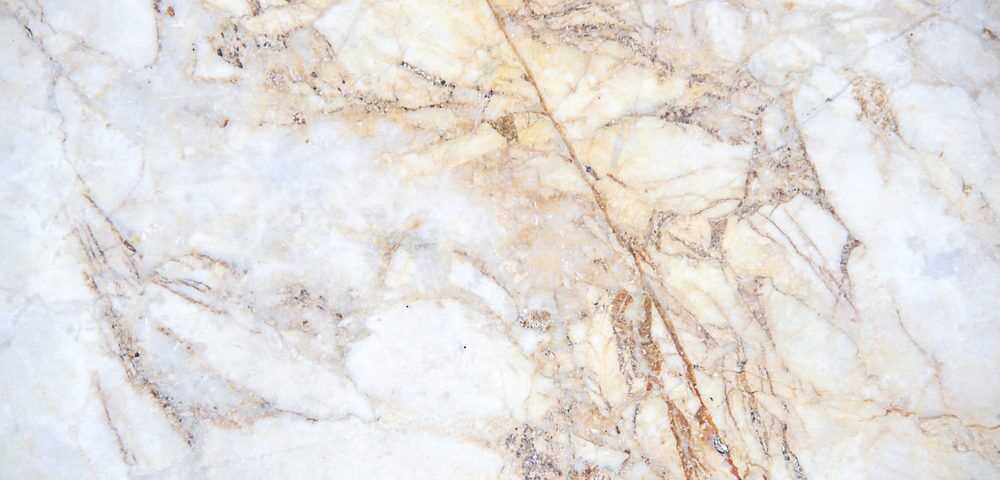
Instead of using bleach, there are safer alternatives that you can use to clean marble surfaces without causing damage. Here are a few options:
- Vinegar and water: Mix equal parts vinegar and water in a spray bottle and use it to clean the marble surface. Vinegar is a mild acid that is safe for most marble surfaces.
- Mild detergent: Use a gentle dishwashing detergent or a pH-neutral soap mixed with warm water to clean the marble.
- Marble-specific cleaner: There are cleaners available specifically designed for cleaning marble surfaces. These cleaners are formulated to be safe and gentle on marble.
It’s important to note that when using any cleaning solution on marble, it’s best to test it on a small, inconspicuous area first to ensure that it doesn’t cause any damage or discoloration.
Taking Care of Marble Surfaces
In addition to using the right cleaning solutions, there are other steps you can take to keep your marble surfaces looking their best:
- Wipe up spills immediately to prevent them from seeping into the marble.
- Avoid using abrasive sponges or scrub brushes that can scratch the surface of the marble.
- Use coasters or placemats under glasses, bottles, and other items to prevent them from leaving rings or stains on the marble surface.
- Regularly apply a sealant to protect the marble from stains and damage.
By following these tips and avoiding the use of bleach, you can maintain the beauty and integrity of your marble surfaces for years to come.
Understanding the Compatibility of Bleach and Marble
Marble is a beautiful and luxurious natural stone commonly used in countertops, flooring, and various home decor applications. However, marble is also a delicate material that requires proper care and maintenance to retain its beauty and longevity.
When it comes to cleaning marble surfaces, it is essential to choose the right cleaning products to avoid causing damage. One common cleaning agent found in many households is bleach, known for its powerful disinfecting properties. However, can you use bleach on marble?
The Effect of Bleach on Marble
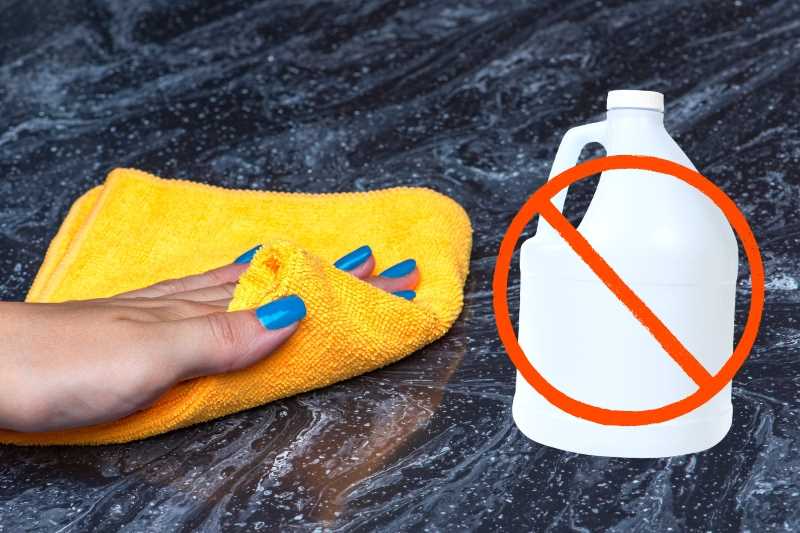
Bleach, a strong alkaline solution, can have a damaging effect on marble. The high pH level of bleach can etch and pit the surface of the marble, resulting in dullness and visible marks. The reaction between bleach and marble can also cause discoloration, leading to a loss of the stone’s natural beauty.
It is crucial to note that bleach should never be used directly on marble surfaces. Instead, it is advised to opt for marble-friendly cleaning solutions with a neutral pH level to avoid any harm to the stone.
Safe Cleaning Alternatives for Marble
When it comes to cleaning marble, there are several safe alternatives to bleach that can effectively remove dirt, stains, and bacteria without causing damage:
- Mild Dish Soap and Water: Create a solution of warm water and a few drops of mild dish soap. Use a soft cloth or sponge to clean the marble surface gently.
- Neutral pH Cleaner: Look for a specialized marble cleaner with a neutral pH level. Follow the manufacturer’s instructions to ensure proper usage.
- Hydrogen Peroxide: For tough stains or mildew, you can use a solution of hydrogen peroxide and water. Test the solution on a small, inconspicuous area before applying it to the entire marble surface.
- Marble Polishing Powder: To restore the shine of your marble, you can use a marble polishing powder specifically designed for this purpose. Follow the instructions carefully to achieve the best results.
Preventing Future Damage
While avoiding bleach is crucial for maintaining the integrity of your marble surfaces, there are other preventive measures you can take to keep them looking their best:
- Avoid placing hot items directly on marble surfaces to prevent thermal shock and potentially causing cracks or damage.
- Use coasters or placemats under glasses, bottles, or other potentially staining substances to prevent any spills or stains from penetrating the marble.
- Regularly clean up spills immediately to prevent any acidic or staining substances from seeping into the marble.
- Consider sealing your marble surfaces with a high-quality marble sealer to provide an additional protective layer.
Conclusion
Understanding the compatibility of bleach and marble is crucial to prevent any damage to your valuable marble surfaces. While bleach should never be used directly on marble, opting for marble-friendly cleaning alternatives and following proper maintenance practices will help you retain the beauty and durability of your marble for years to come.
Impact of Bleach on the Appearance of Marble
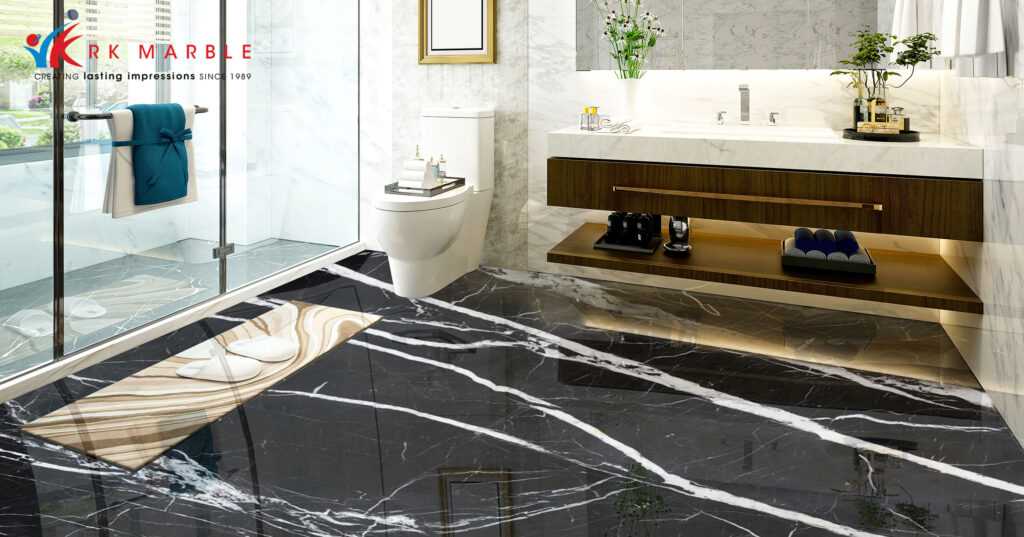
Marble is a luxurious and elegant material often used in homes and commercial spaces for its unique beauty and durability. However, it is also a delicate stone that requires careful maintenance to keep its appearance intact. One common question that arises is whether bleach can be used on marble surfaces.
The answer is NO.
Although bleach is an effective disinfectant and stain remover, it should never be used on marble. The high alkaline pH of bleach can cause irreversible damage to the surface of the marble, resulting in discoloration, etching, and dullness. It can also weaken the structure of the stone, leading to cracks and chips.
When bleach comes into contact with marble, it chemically reacts with the calcium carbonate present in the stone. This reaction breaks down the structure of the marble, causing it to lose its shine and smoothness. Additionally, bleach can cause the appearance of yellow or brown stains on the marble surface.
Alternative Cleaning Methods
Instead of using bleach, there are safer and more suitable methods to clean and maintain marble surfaces:
- Use a pH-neutral stone cleaner specifically designed for marble.
- Mix warm water with a mild detergent and gently clean the marble surface using a soft cloth or sponge.
- Avoid using abrasive cleaning agents or scrub brushes that can scratch the marble.
- Wipe up spills immediately to prevent staining.
- Seal the marble regularly to protect it from stains and damage.
Conclusion
Bleach should never be used on marble as it can cause significant damage to the appearance and structure of the stone. It’s important to use appropriate cleaning methods and products specifically designed for marble to ensure its longevity and beauty.
Should You Use Bleach to Clean Marble Floors?
When it comes to cleaning marble floors, many homeowners wonder if using bleach is a safe and effective option. While bleach can be a powerful cleaner, it is generally not recommended for use on marble floors for several reasons.
1. Potential Damage to the Marble
Bleach is a strong chemical that can cause discoloration and damage to the surface of marble. Marble is a porous stone, which means it can absorb liquids and chemicals. Bleach can seep into the pores of the marble and react with the minerals, leading to etching or dulling of the surface.
2. Stains and Discoloration
Bleach can also cause stains and discoloration on marble floors. If bleach is left on the surface for too long or used in a high concentration, it can result in permanent stains that are difficult to remove.
3. Health Concerns
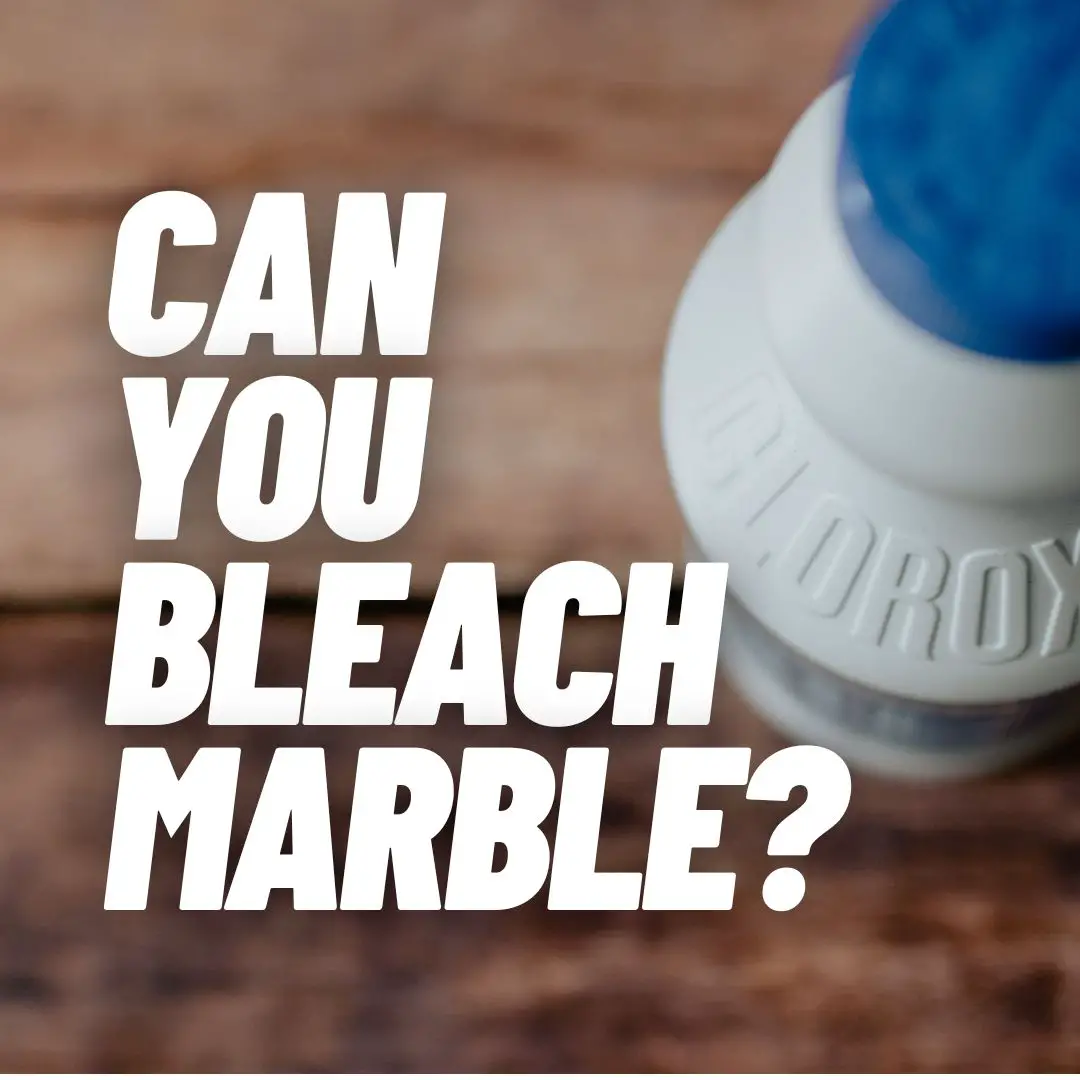
Working with bleach can pose health risks, especially when used in an enclosed space like a bathroom or kitchen. The fumes released by bleach can irritate the eyes, nose, and throat, and can be particularly harmful to individuals with respiratory conditions or allergies.
Alternative Marble Cleaning Solutions
Instead of using bleach, there are safer and more effective alternatives for cleaning marble floors:
- Warm water and mild detergent: Mix warm water with a pH-neutral, mild detergent. Use a soft cloth or mop to gently clean the marble surface.
- Peroxide-based cleaners: There are peroxide-based cleaners available that are specially formulated for marble surfaces. These cleaners are milder than bleach and can help remove stains without causing damage.
- Natural stone cleaners: Opt for natural stone cleaners that are specifically designed for use on marble floors. These cleaners are gentle on the marble while effectively cleaning and protecting the surface.
Conclusion
Using bleach to clean marble floors is generally not recommended due to the potential for damage and staining. It is best to opt for milder and safer alternatives to maintain the beauty and integrity of your marble surfaces.
Alternative Cleaning Methods for Marble
If you want to clean your marble surfaces but don’t want to use bleach, there are several alternative methods you can try. These methods are effective at removing dirt and stains without causing damage to the marble.
1. Soap and water
A simple and gentle method for cleaning marble is to use a mixture of mild soap and water. Mix a few drops of mild dish soap with warm water in a bucket or spray bottle. Dip a soft cloth or sponge into the soapy water and gently wipe down the marble surface. Rinse the cloth or sponge frequently to avoid spreading dirt or grime. After cleaning, dry the marble thoroughly to prevent water spots.
2. Baking soda paste
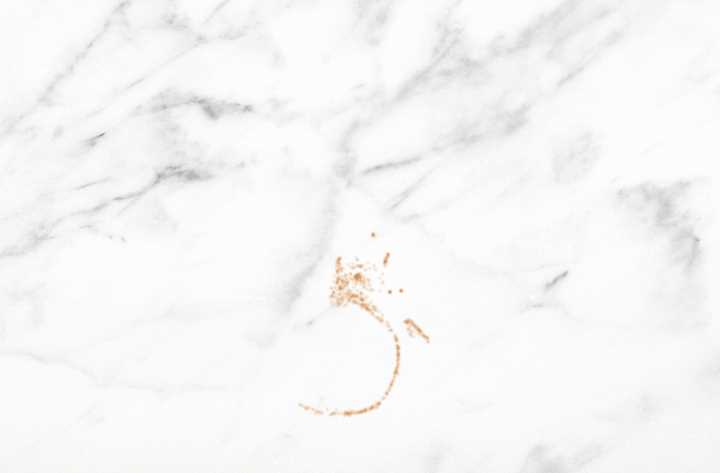
Baking soda is a natural and non-abrasive cleaner that can be used to remove stains from marble surfaces. Create a thick paste by mixing baking soda with water. Apply the paste to the stained area and gently scrub with a soft cloth or sponge. Rinse the area with water and dry thoroughly.
3. Hydrogen peroxide
Hydrogen peroxide is another effective cleaner for marble. It can be used to remove tough stains, such as coffee or wine. Simply apply a small amount of hydrogen peroxide to a cloth or sponge and gently rub the stained area. Rinse the area with water and dry thoroughly.
4. Commercial marble cleaners
There are also commercial cleaners specifically designed for marble surfaces. These cleaners are formulated to be gentle on marble while effectively removing stains and dirt. Follow the instructions on the packaging and use a soft cloth or sponge to apply the cleaner to the marble surface. Rinse the surface with water and dry thoroughly.
5. Prevention is key
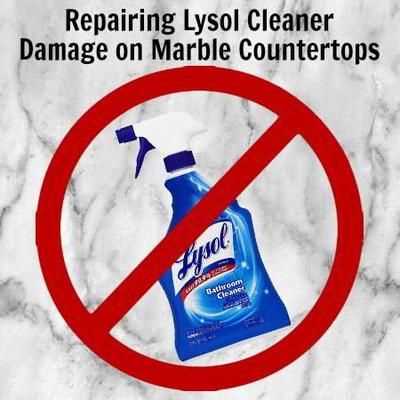
To keep your marble surfaces looking clean and beautiful, it’s important to prevent stains and damage. Use coasters or placemats under glasses and plates to protect the marble from spills and scratches. Clean up spills immediately to prevent them from seeping into the marble. Avoid using acidic or abrasive cleaners, as these can cause damage to the marble.
By using these alternative cleaning methods and taking preventative measures, you can keep your marble surfaces looking pristine without using bleach.
Tips for Maintaining Marble’s Beauty
1. Clean Regularly
Regular cleaning is essential for maintaining the beauty of marble. Dust, dirt, and debris can quickly dull the surface of marble, so it’s important to clean it regularly. Use a soft, damp cloth or mop to gently wipe away any dirt or spills. Avoid using abrasive cleaners or scrubbing brushes, as these can scratch or damage the marble.
2. Use pH-Neutral Cleaners
When cleaning marble, it’s important to avoid acidic or alkaline cleaners, as these can etch the surface of the stone. Instead, use pH-neutral cleaners specifically designed for marble. These cleaners are gentle enough to clean without causing any damage. Be sure to follow the manufacturer’s instructions when using any cleaning products.
3. Wipe up Spills Immediately
Marble is a porous stone, which means that it can absorb liquids and stains easily. To prevent stains and damage, it’s important to wipe up spills immediately. Use a clean, absorbent cloth to blot the spill, rather than rubbing it, as rubbing can spread the stain and potentially damage the marble surface.
4. Use Coasters and Mats
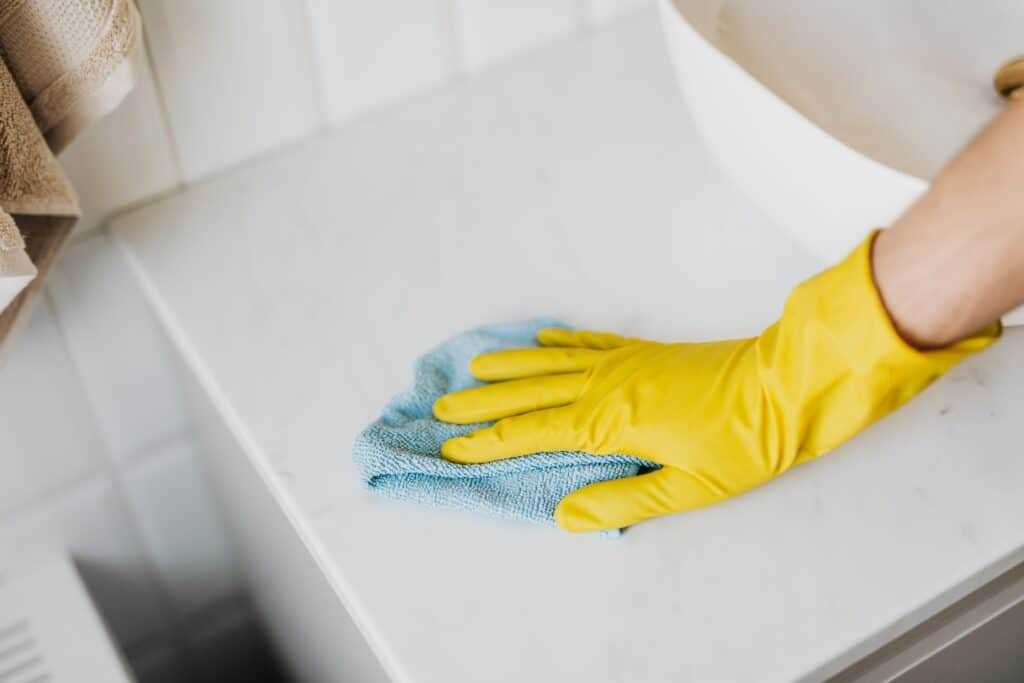
Marble is susceptible to damage from liquids, heat, and abrasive materials. To protect your marble surfaces, use coasters under glasses and cups, and mats or trivets under hot objects like pans or pots. This helps to prevent direct contact between the marble and potentially damaging substances.
5. Avoid Using Bleach
As mentioned in the previous article, bleach is not recommended for use on marble surfaces. It can cause etching and discoloration, and may even weaken the structure of the stone. Instead, stick to pH-neutral cleaners specifically designed for marble.
6. Seal the Marble
Applying a penetrating sealer to your marble surfaces can help to protect them from stains and damage. The sealer penetrates the pores of the marble, creating a barrier that helps to repel liquids and prevent them from being absorbed. Be sure to follow the manufacturer’s instructions when applying a sealer, and reapply it as recommended to maintain its effectiveness.
- Regular cleaning is essential for maintaining the beauty of marble.
- Use pH-neutral cleaners specifically designed for marble.
- Wipe up spills immediately to prevent stains.
- Use coasters and mats to protect marble from damage.
- Avoid using bleach on marble surfaces.
- Apply a penetrating sealer to protect the marble.
FAQ
Is it safe to use bleach on marble?
No, it is not safe to use bleach on marble. Bleach is a harsh and corrosive substance that can damage the surface of the marble and cause permanent stains.
What should I use instead of bleach to clean marble?
Instead of bleach, you should use a mild detergent or a specialised marble cleaner. These products are specifically formulated to be safe for use on marble and will effectively clean without causing any damage.
Can bleach be used on sealed marble?
No, even if your marble is sealed, it is still not recommended to use bleach on it. Sealing helps protect the marble from stains and damage, but bleach can still cause harm to the surface of the marble.
What are the risks of using bleach on marble?
The risks of using bleach on marble include discoloration, etching, and the removal of the protective sealant. Bleach can also weaken the structure of the marble over time, leading to cracks and other forms of damage.
Can I use bleach on white marble countertops?
No, you should never use bleach on white marble countertops. Bleach can cause the white marble to turn yellow or create dull spots, ruining the appearance of your countertops.
Are there any alternatives to bleach for disinfecting marble?
Yes, there are alternative disinfectants that are safe for use on marble. One option is to use a mixture of water and rubbing alcohol, which can effectively kill germs without harming the marble surface. You can also consider using hydrogen peroxide or vinegar as natural disinfectants.













